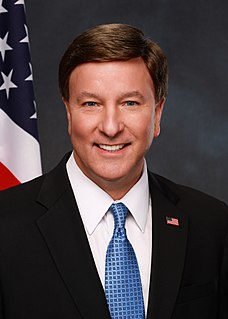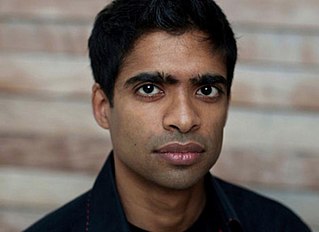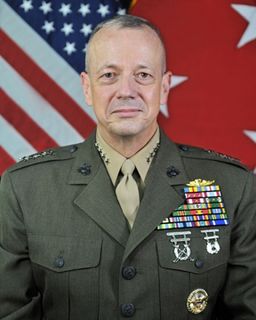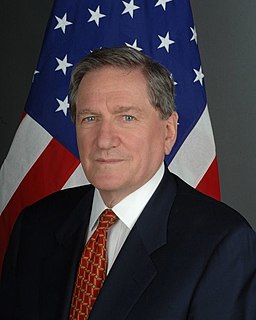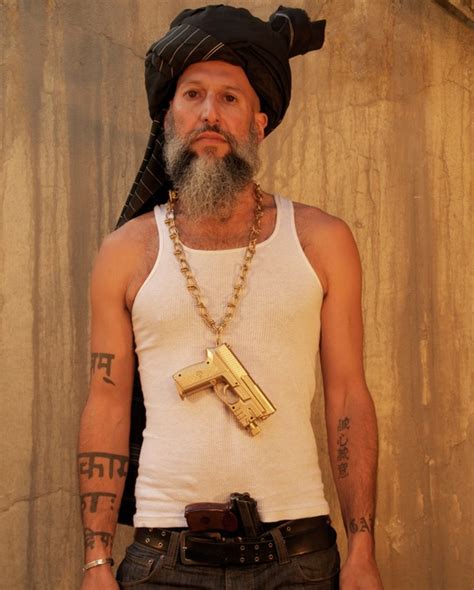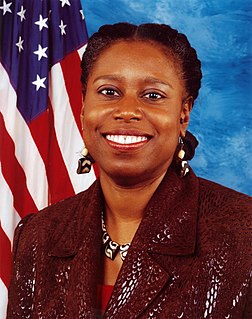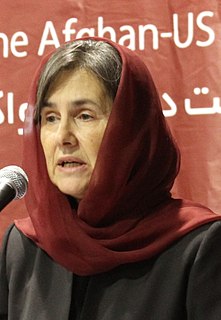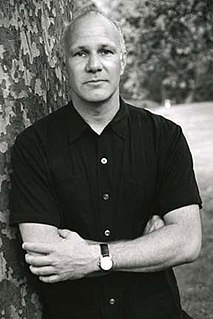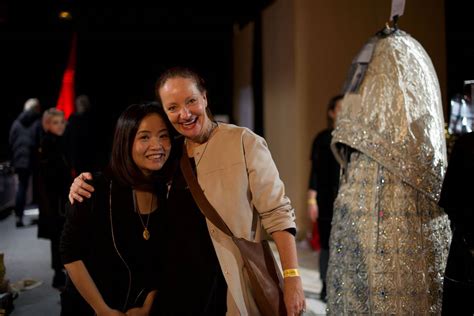Top 187 Afghan Quotes & Sayings - Page 3
Explore popular Afghan quotes.
Last updated on April 22, 2025.
The Taliban's acts of cultural vandalism - the most infamous being the destruction of the giant Bamiyan Buddhas - had a devastating effect on Afghan culture and the artistic scene. The Taliban burned countless films, VCRs, music tapes, books, and paintings. They jailed filmmakers, musicians, painters, and sculptors.
When the Taliban captured Kabul in 1996 after a searing, four-year civil war, they immediately instituted laws which fit their utopic vision of the time of Islam's founding more than 1,300 years earlier. Afghan women's lives offered the most visible sign of the imagined past to which Afghanistan's present was to be returned.
No one writes better historical fiction than Steven Pressfield. The Afghan War that was waged by Alexander the Great 2000 years ago is eerily similar to the one that's being fought today. This book should be required reading for anyone who wants to better understand what American and Coalition forces are up against in one of history's most tribal and troubled regions.
The reality is that [Barack] Obama has some 15 countries in the current Libya coalition. President Bush put together close to 50 countries for the Afghan coalition, some 40 countries for the Iraqi coalition, more than 90 countries for the Proliferation Security Initiative and over 90 countries in the Global War on Terror.
Images of burning Red Cross and UN buildings struck by US bombs contrasted with images of thousands of desperately poor Afghan women carrying sickly and starving children out of Afghanistan as they flee the might of the US military is tearing at international public confidence in our war against terrorism.
As the Obama administration negotiates with the Karzai government and with Pakistan, we may be tempted to make commitments that, in the name of nation-building, restrict our ability to fight terrorists. If we must involve the Afghan government in every night raid, our operations will slow and targets will escape.
Throughout the last century there were multiple attempts at giving Afghan women more autonomy, to change marriage laws, to abolish the practice of bride price and child marriage, and to enforce women to be involved in school. Every time, the reaction from the traditionalists was one of contempt and scorn and at times outright rebellion. I think the emancipation of women in Afghanistan has to come from inside, through Afghans themselves, gradually, over time.
Organizations are accumulations of historical debris. They are not consciously thought. So when you ask the Education Ministry 'What's your core function and who's your client?' they laugh at you. When I say that the client is the Afghan child - and the Ministry is an instrument, not the goal - it's greeted with shock. It's a new idea.
It's hard for comic actors used to pulling faces just to be on screen, but Tina Fey does a good job. I liked watching her. The part, though, isn't filled in. When Baker announces that she's gotten too used to the madness of Afghanistan, that she's worried she's thinking of it as normal, the sentiment comes out of nowhere. The dramatic arc in "Whiskey Tango Foxtrot" is nonexistent. The movie evaporates in the mind like water in the Afghan desert.
Regret what? That secret operation was an excellent idea. It had the effect of drawing the Russians into the Afghan trap and you want me to regret it? The day that the Soviets officially crossed the border, I wrote to President Carter. We now have the opportunity of giving to the USSR its Vietnam war. Indeed, for almost 10 years, Moscow had to carry on a war unsupportable by the government, a conflict that brought about the demoralization and finally the breakup of the Soviet empire.
If we are visiting Afghans, typically the Afghan governor, district or provincial governor, we see he doesn't wear body armor, and yet we're walking through his streets. I'm his guest. I think that that's important that I send a message that I trust him and I don't think I am more valuable than I think he is.
My go-to gifts are scarves from my friend Matin Maulawizada's nonprofit organization, Afghan Hands, which supports disenfranchised women in Afghanistan. In exchange for their beautiful embroidery, the women are given financial aid and classes in math and literacy. The scarves are all stunning and one of a kind.
We stayed huddled that way until the early hours of the morning. The shootings and explosions had lasted less than an hour, but they had frightened us badly, because none of us had ever heard gunshots in the streets. They were foreign sounds to us then. The generation of Afghan children whose ears would know nothing but the sounds of bombs and gunfire was not yet born.
As president, my goal in Afghanistan will be to complete a successful transition to Afghan security forces by the end of 2014. I will evaluate conditions on the ground and solicit the best advice of our military commanders. And I will affirm that my duty is not to my political prospects, but to the security of the nation.
As the leader of a country, you are not free to enjoy the luxury of such feelings. The Afghan people want peace, which requires persistence. We are determined to defend our country, and the whole region and the entire world understands the justice of our cause and the principled way in which we have engaged in it.
Not long ago, women in Afghanistan were required by Taliban leadership to be covered nearly head-to-toe and were barely allowed to leave the home; that young Afghan women today are not only accessing an education but are able to meet young people from around the world and cheer on a robot of their own making is something beautiful.
If you take a look at Afghan history, usually they have united to defend against an outside enemy, and as soon as that's accomplished, they turn and start killing each other. This internal instability is a constant invitation to outside forces to come in. I have to think that after the awful years of the Taliban, most Afghans would want to remain at peace, and get the benefits of the new freedom they've found. But I can't be sure that old habits won't reassert themselves.
Karzai is Afghanistan's first democratically elected president. He brought the international community into partnership on an unprecedented level, and he championed a new constitution that is liberal, democratic and still very Afghan. All of that does reflect a vision. But he's presided over a country that is still in conflict, and he hasn't taken some of the difficult decisions his own government wanted him to take. On corruption, he hasn't been as decisive as he should've been. There are legitimate questions about him.
This might explain why Obama gave billions to Wall Street crooks, and dragged the Iraq and Afghan wars on and on.
Happily for the busy lunatics who rule over us, we are permanently the United States of Amnesia. We learn nothing because we remember nothing... We have ceased to be a nation under law but instead a homeland where the withered Bill of Rights, like a dead trumpet vine, clings to our pseudo-Roman columns.
The Afghan - obviously the parties will decide which course of action. The most important there, get a government that is seen as legitimate to the people and has the credibility to be a partner in the effort to secure Afghanistan so it's not a haven for al Qaeda or other type of terrorists or international terrorist organizations.
But we have achieved at least two important things. Afghanistan is no longer a safe haven for international terrorists. We have a strong Afghan army, which is fighting the terrorists and Taliban. And the second thing is that they are able to do that without us being there to conduct the combat operations.
The draconian prohibitions of the Taliban years and the gains Afghan women have achieved since the Taliban government was overthrown in 2001 are now well known and often cited: Today, Afghans lucky enough to live in secure regions can go to school, women may work in offices, and the burqa is no longer mandatory.
The Soviet Union was brought down by a strange global coalition of Western European conservatives, Eastern European nationalists, Russian liberals, Chinese communists, and Afghan Islamic reactionaries, to name only a few. Many of these discordant groups disliked the United States intensely. But Americans were able to mobilize them to direct their ire at the Soviet Union first.
Obviously what I think Senator [John] Kerry was pointing to, which is absolutely correct, which is the essential part of the strategy or a key component or a leg on the stool, is an Afghan partner that is ready to take control of both the security situation in Afghanistan, and the civilian side of that.
I believed Afghanistan was always going to be hard. It's the fifth poorest country in the world. And when you fly over it, you realize that there's not much there. And, of course, it has the problem, too, of being on that border with Pakistan in basically an ungoverned region that has given the terrorists a staging ground. So it's a very difficult place. But I do believe that the mission there can succeed if success is defined as helping the Afghans to prevent the Taliban from being an existential threat to the Afghan government.
Afghanistan is where much of the al Qaeda journey began. It is the main site where Osama bin Laden, Mullah Omar and their cohort rose to prominence fighting the Soviets in the 1980s. Afghan territory holds special significance to the group, which is committed to retaking it and re-establishing it as the base of a global movement.
In terms of Iraq, al Qaeda valued Iraq because we destroyed a government it wanted destroyed and because we put soldiers on the ground and forces that they could attack. Al Qaeda is basically an insurgent organization that was formed on the model of the Afghan groups. And being bred in that war, they value a contiguous safe haven as much as anything else.
In early 1999, I was watching TV, when I came across a story on Afghanistan. It was a story about the Taliban and the restrictions they were imposing on the Afghan people, most notably women. At some point in the story, there was a casual reference to them having banned the game of kite fighting. This detail struck a personal chord with me, as I had grown up in Kabul flying kite with my friends.
Deborah Rodriguez went to Afghanistan to transform her own life and ended up revolutionizing the lives of many of her Afghan sisters. This book made me feel like I was right there in the beauty salon, sharing in the tears and laughter as, outside my door, an entire country changed. KABUL BEAUTY SCHOOL is inspiring, exciting, and not to be missed.

